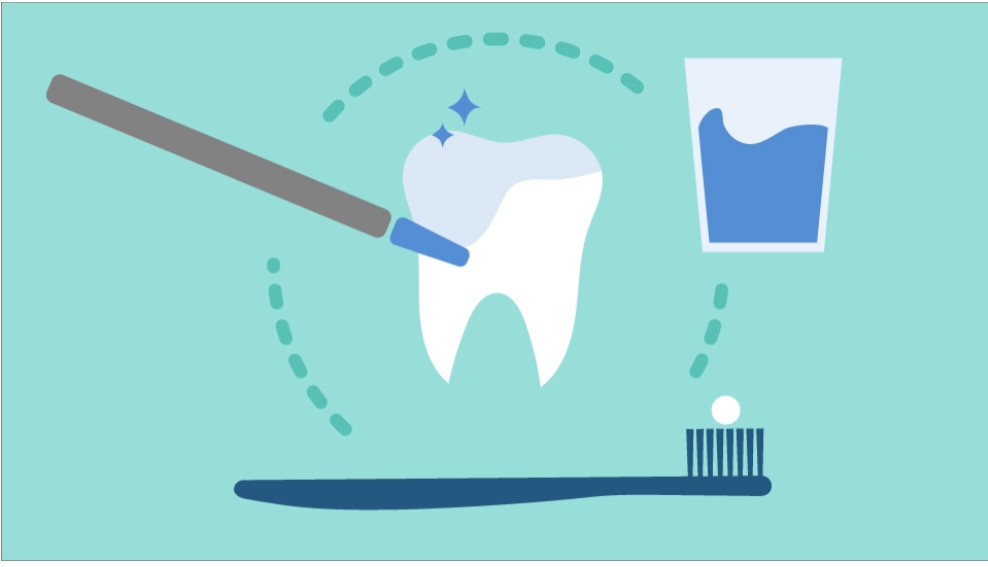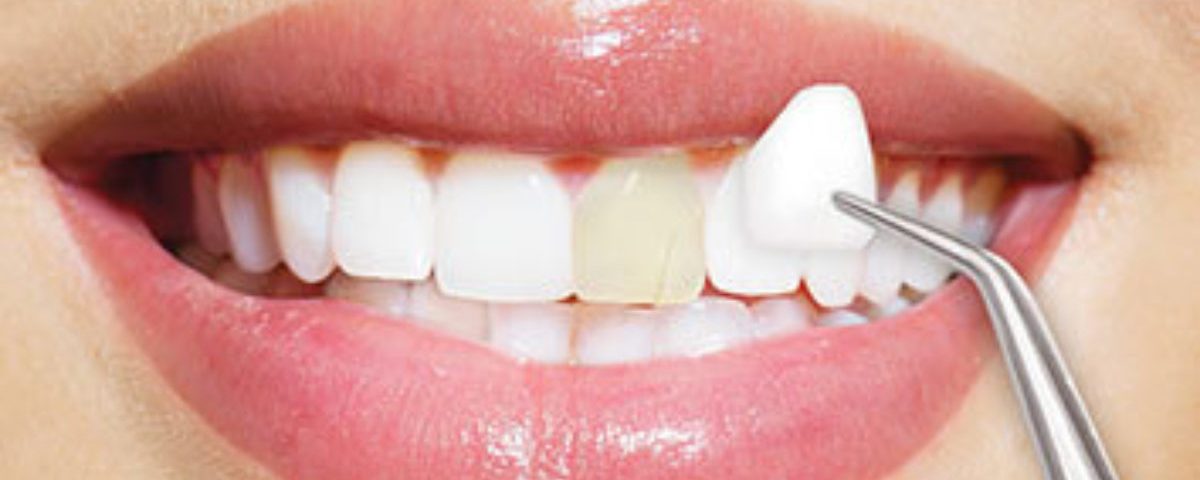
Top Benefits of Fluoride. Our Guide:
May 4, 2021
Stress and Oral Health. Our Guide:
May 24, 2021Improving your smile is a major decision. Therefore, we receive several veneers FAQs at Langley Dental Care about people thinking about ways to boost their appearance and boost their confidence.
Veneers FAQ Answered
Here are some of the veneers FAQs answered:
What Are Veneers?
Porcelain veneers are custom-crafted ceramic coverings that a dentist permanently bonds over the front part of the teeth. To paint the picture, porcelain veneers are typically the thickness of a credit card. Not only do they look like natural teeth, but they also have a pristine glaze to create a natural shine. One of the greatest advantages to porcelain veneers is that they do not stain; coffee, tea, red wine, etc does not change the color of these custom-crafted coverings. Porcelain veneers are durable and long-lasting, too. Custom veneers typically take about 3-4 weeks to complete But trust us, the wait will be worth it!
Who Benefits from Veneers?
Many people can benefit from having veneers placed over their teeth. Most frequently, people prefer veneers for their cosmetic appearance that most resembles natural teeth. Therefore, they often choose veneers for the front teeth. People who don’t like the shape, size, color, spacing, or crowding of their teeth would benefit from veneers.
Those who have minor cracks or chips in their teeth can get veneers to restore the appearance and function of a full tooth.
Can I whiten my teeth with Veneers?
Anyone who wants to have their teeth whitened should do it before getting veneers. Though the whitening process will extend the time before you can enjoy your new smile, it can brighten your appearance when you have the veneers put in. Plus, the whitened color of your teeth will help match the veneers for a more consistent, natural appearance. Veneers don’t stain, but they also don’t whiten. If you whiten your teeth after getting veneers, the veneers will no longer match your brightened teeth, so it’s best to whiten them prior to getting your veneers.
Who Shouldn’t Use Veneers?
Since veneers are made of thin porcelain, they are best for the front incisors that don’t pressure them for chewing. For molars, a crown covers the full tooth better and offers more strength for chewing. With porcelain dental crowns, you can have coverings to restore teeth that resemble natural teeth.
Individuals with major cracks or broken teeth need an evaluation and treatment for possible internal damage to the teeth before getting cosmetic veneers. Also, people who severely grind their teeth may not benefit from veneers because the constant grinding could damage these dental fixtures. Anyone with bruxism (tooth grinding) should talk to the dentist about cosmetic options to improve their smile.
How Are Veneers Different from Bonding?
Veneers are different from bonding in several ways. First, bonding uses a composite (typical dental filling material) as a covering over the teeth. The dentist molds the bonding therefore the process happens in one visit. Typically, the dentist does not need to shape the tooth to prepare it for the bonding agent. Although dental bonding is a quicker solution, it doesn’t last as long as veneers and can stain and chip over time.
Porcelain veneers are custom-made by a laboratory and are bonded at a secondary appointment. They perfectly match the surrounding teeth. However, the dentist needs to shape the teeth to accommodate the veneers. This means the process is irreversible. Porcelain veneers will last longer because they are resilient to stain and chipping.
How Long Do Veneers Last?
Veneers can last for tens of years or longer. In fact, improper care of the surrounding teeth can make the veneers appear brighter than the natural teeth over time because they are more stain-resistant. Therefore, if you want to keep your veneers looking natural longer, take good care of your other teeth with regular brushing, flossing, and dental visits.
Chips or cracks in the porcelain are the only reasons to have the veneers repaired or replaced. When this happens, you will need to have new veneers placed. Alternatives, such as bonding, cannot cover teeth that have veneers.
Are Veneers Durable?
While the porcelain that makes veneers can chip or crack, it is not likely to do so unless you use your teeth improperly. Changes in tooth position or grinding your teeth or using the veneer-covered teeth as tools for opening packages or bottles will lead to chipping and cracking. Avoid any activities that would normally damage your natural teeth, and you will also prevent your porcelain veneers from cracking.
Do Veneers Ruin Your Teeth?
The process of fitting your teeth with veneers changes the teeth underneath. The dentist must remove a small amount of the base teeth to accommodate the bonding agent and veneers so that your veneers sit flush with the rest of your smile. Therefore, if you need repairs to the veneers, you must have another veneer used. Bonding cannot fix or replace veneers.
Are There Alternatives to Veneers?
There are some alternatives to veneers. Some people choose dentures, partials, or dental implants, and others opt for dental bonding. Talk to the dentist about your options because the alternatives to veneers will depend on your dental health, the location of the teeth, and what your expectations are.
Are Veneers Reversible?
Veneers are not reversible. Due to the need to take off some of the enamel from each tooth for each veneer, you cannot go back on the decision. However, most people are very happy with the appearance of their veneers after they are in place.
Will Insurance Cover the Cost of Veneers?
Whether your insurance covers the cost of veneers depends on the type of dental insurance that you have. However, if you need assistance in paying for the procedure, ask about our various payment options at Langley Dental Care. We take credit cards, insurance, our flexible payment plan, and CareCredit. Regardless of the type of payment option you choose, we request full payment at the time of service.
Does Getting Veneers Hurt?
Getting veneers does not hurt because the dentist takes care to numb the area before preparing the teeth. Therefore, you should not feel any pain. If you are concerned about any pain or have anxiety about the procedure, talk to the dentist beforehand to see if there are ways to help you relax.
Do You Have Another Veneers FAQ to Ask or Want to Schedule an Appointment? Contact Us at Langley Dental Care
If you want to find out whether veneers are the best option for you, contact us at Langley Dental Care in Charlotte, NC, for an evaluation. Plus, we’re also happy to answer other general questions or veneers faq that you may still have about the veneer fitting process. At Langley Dental Care, we want to see you smile and be confident in showing your smile off to the world.



